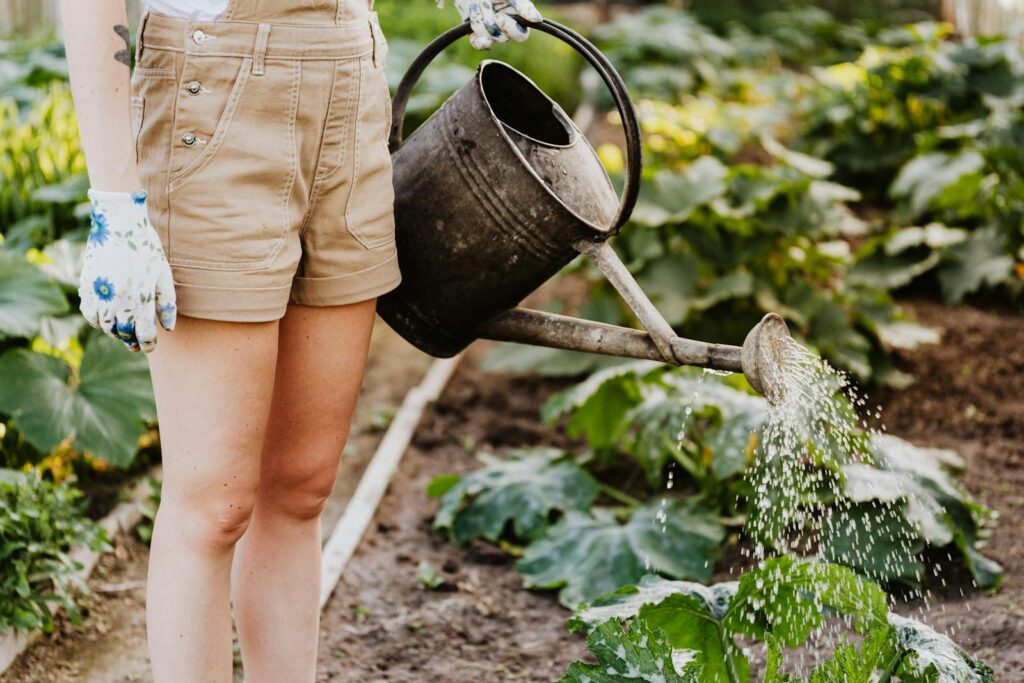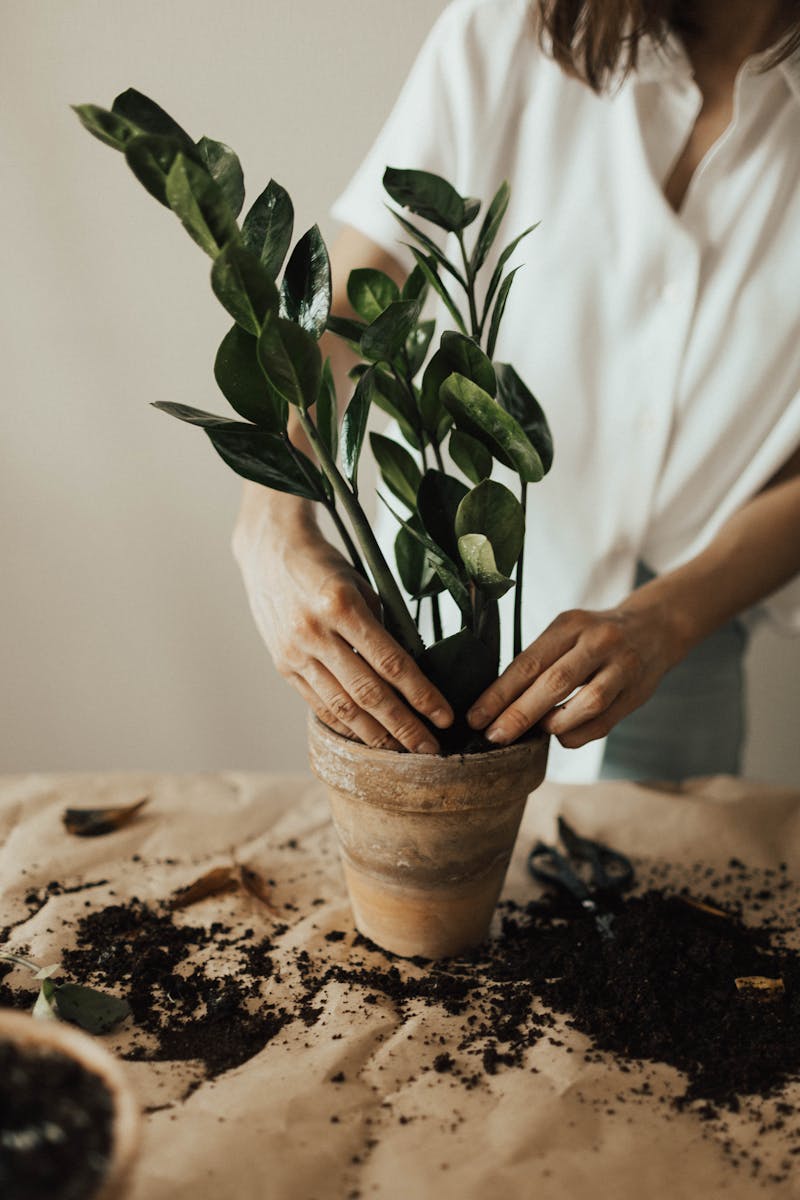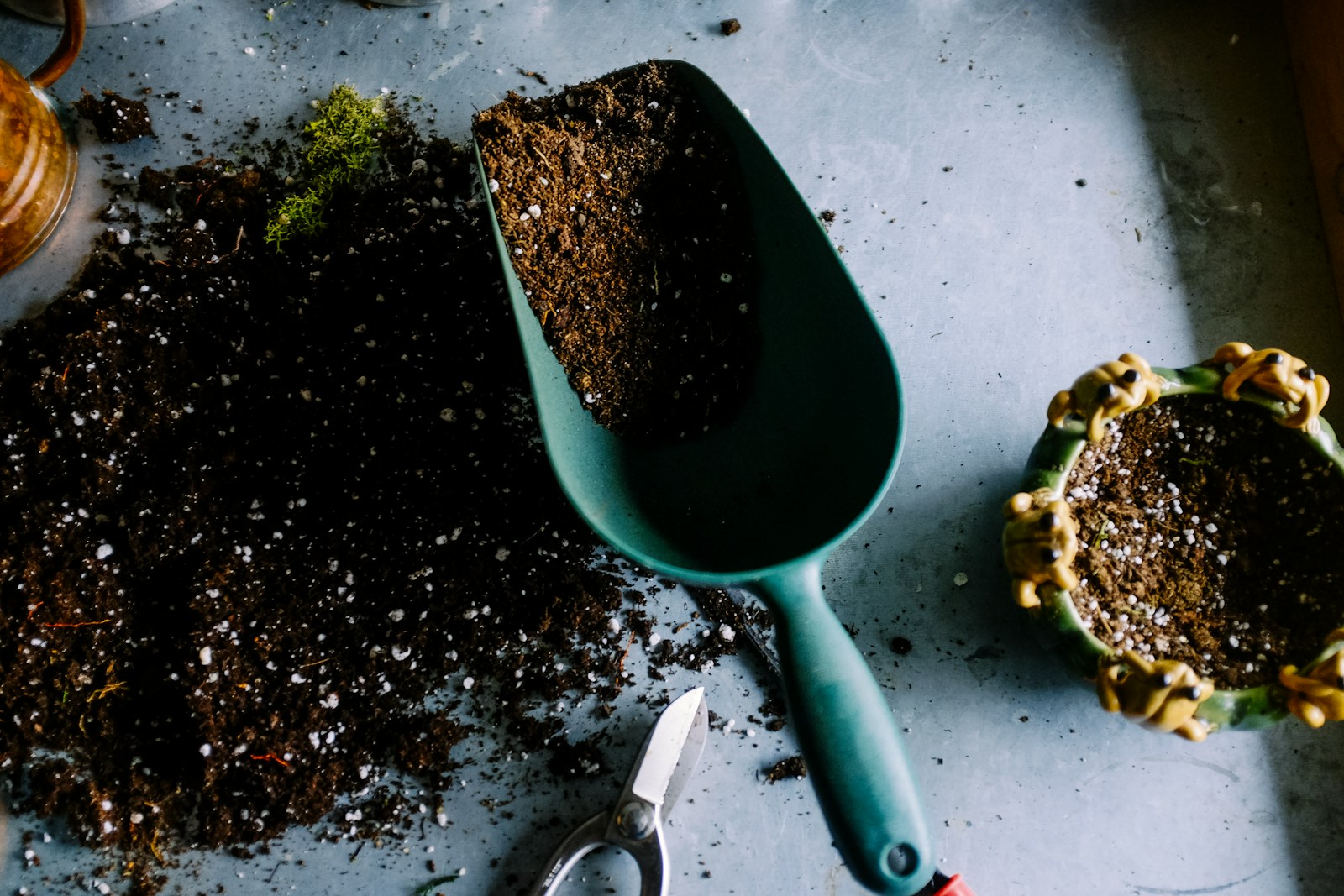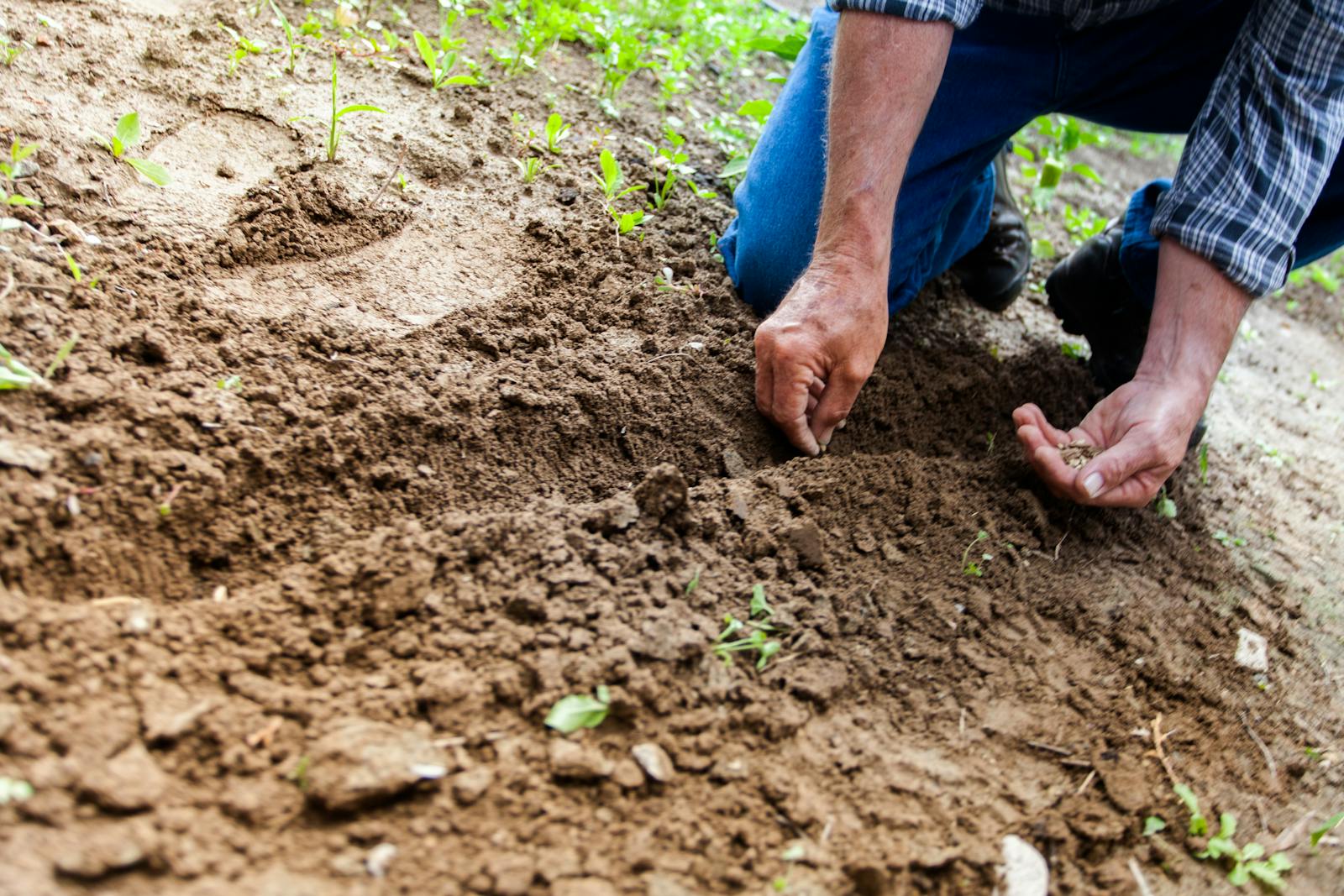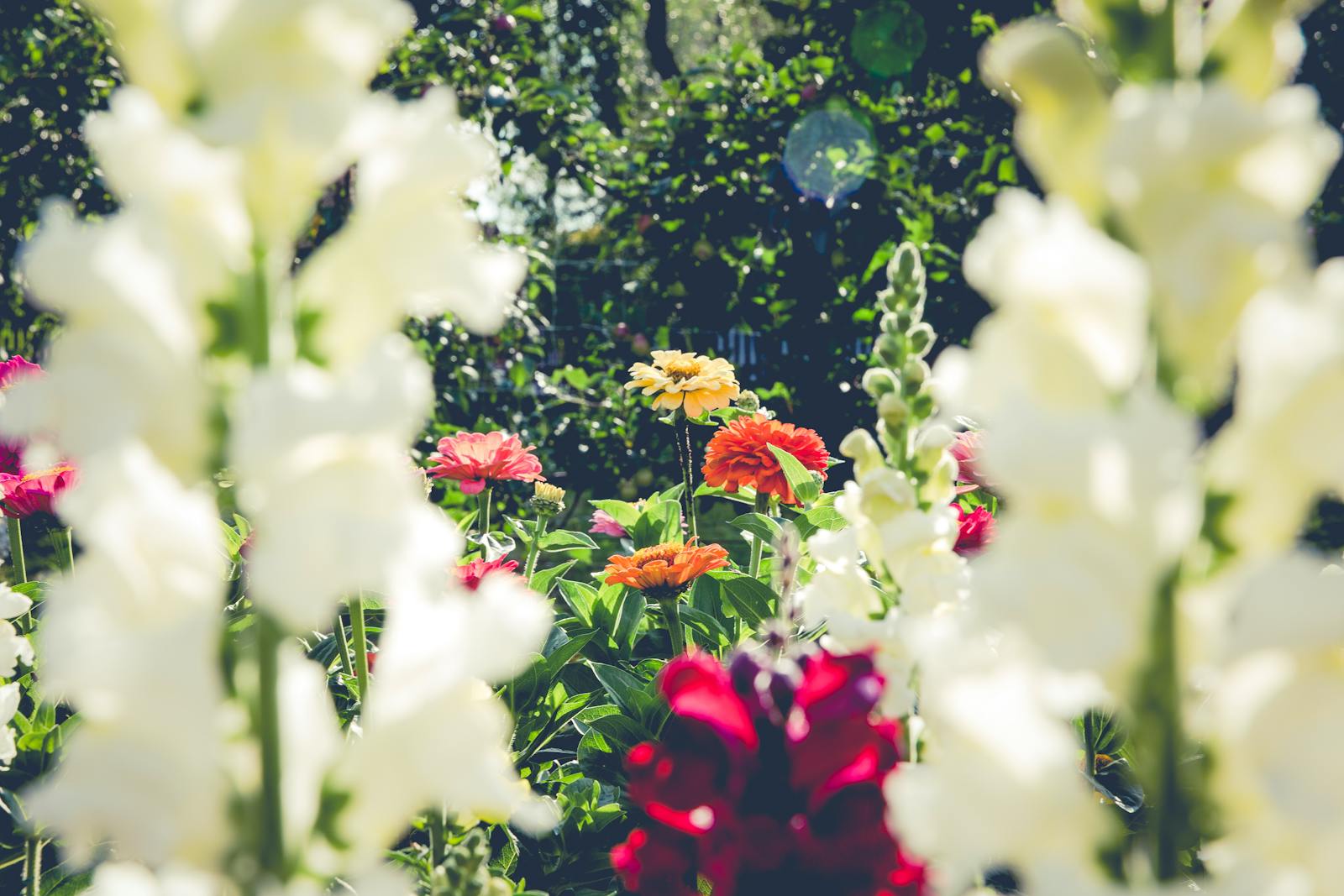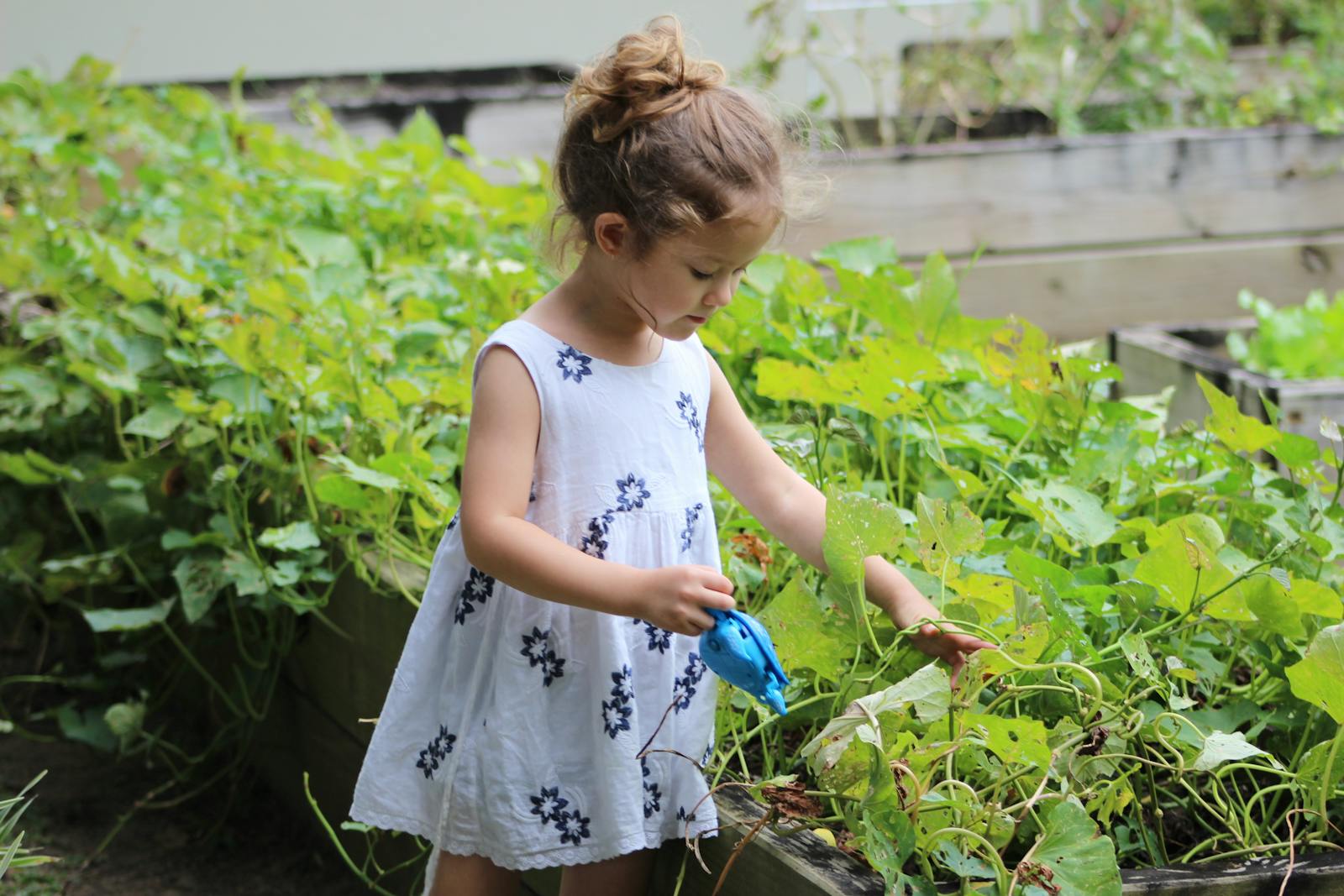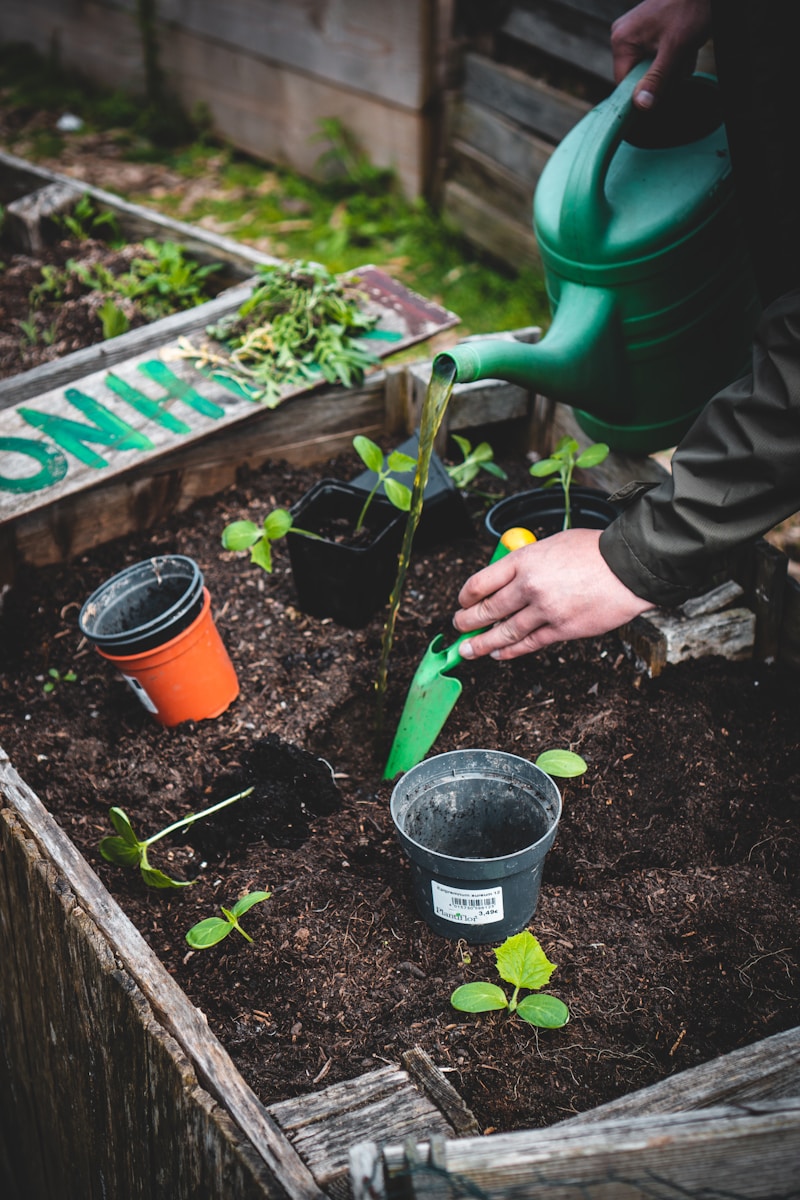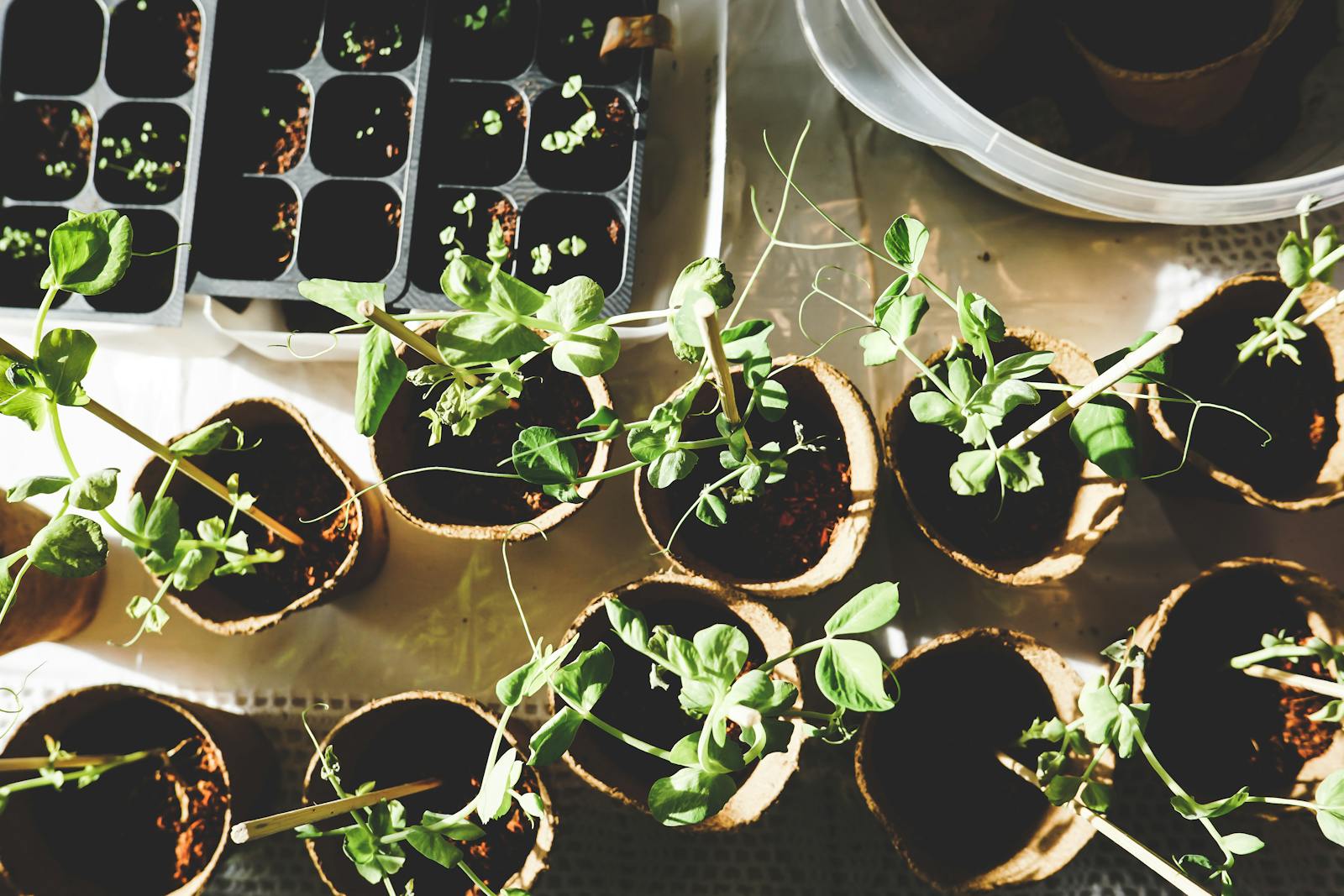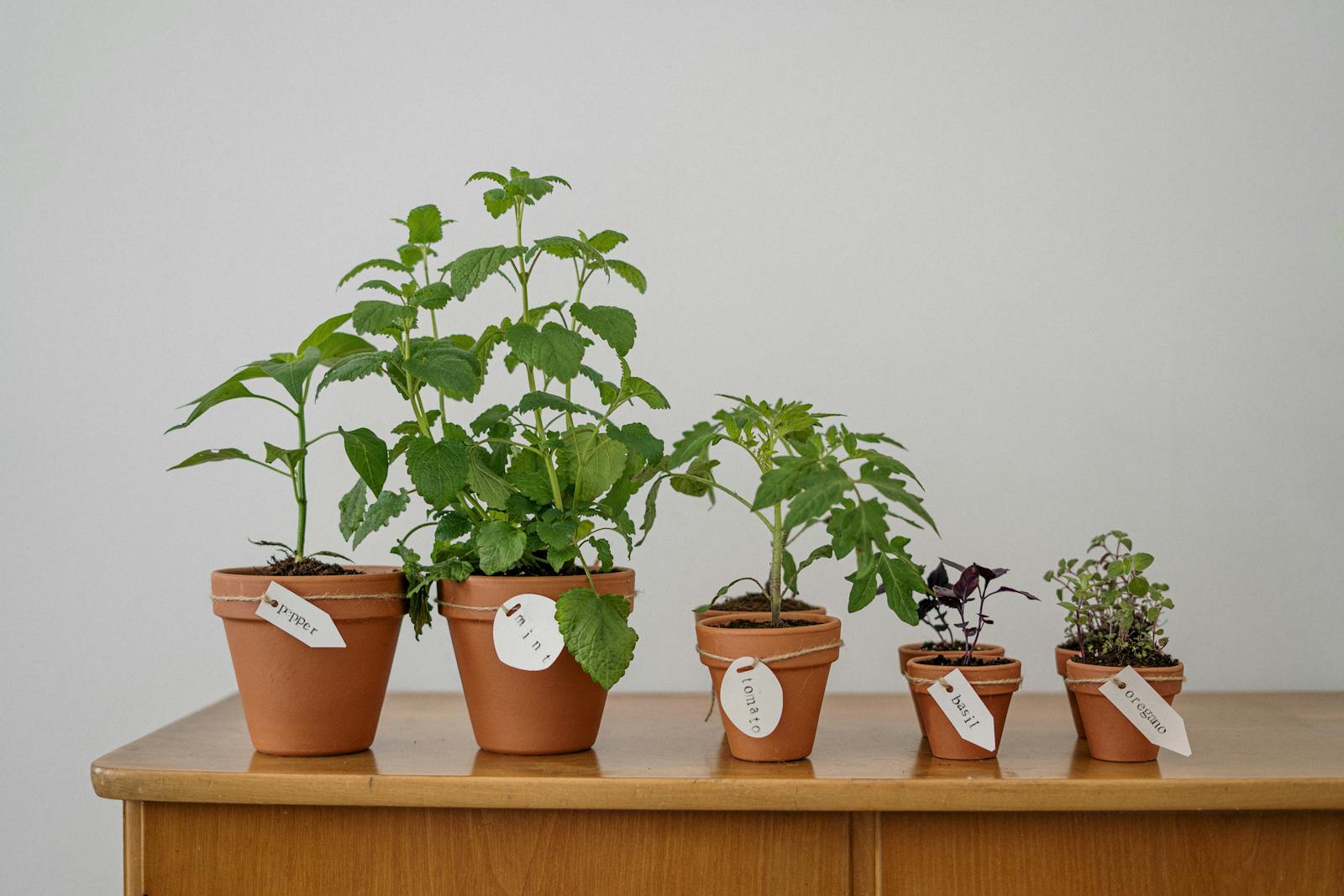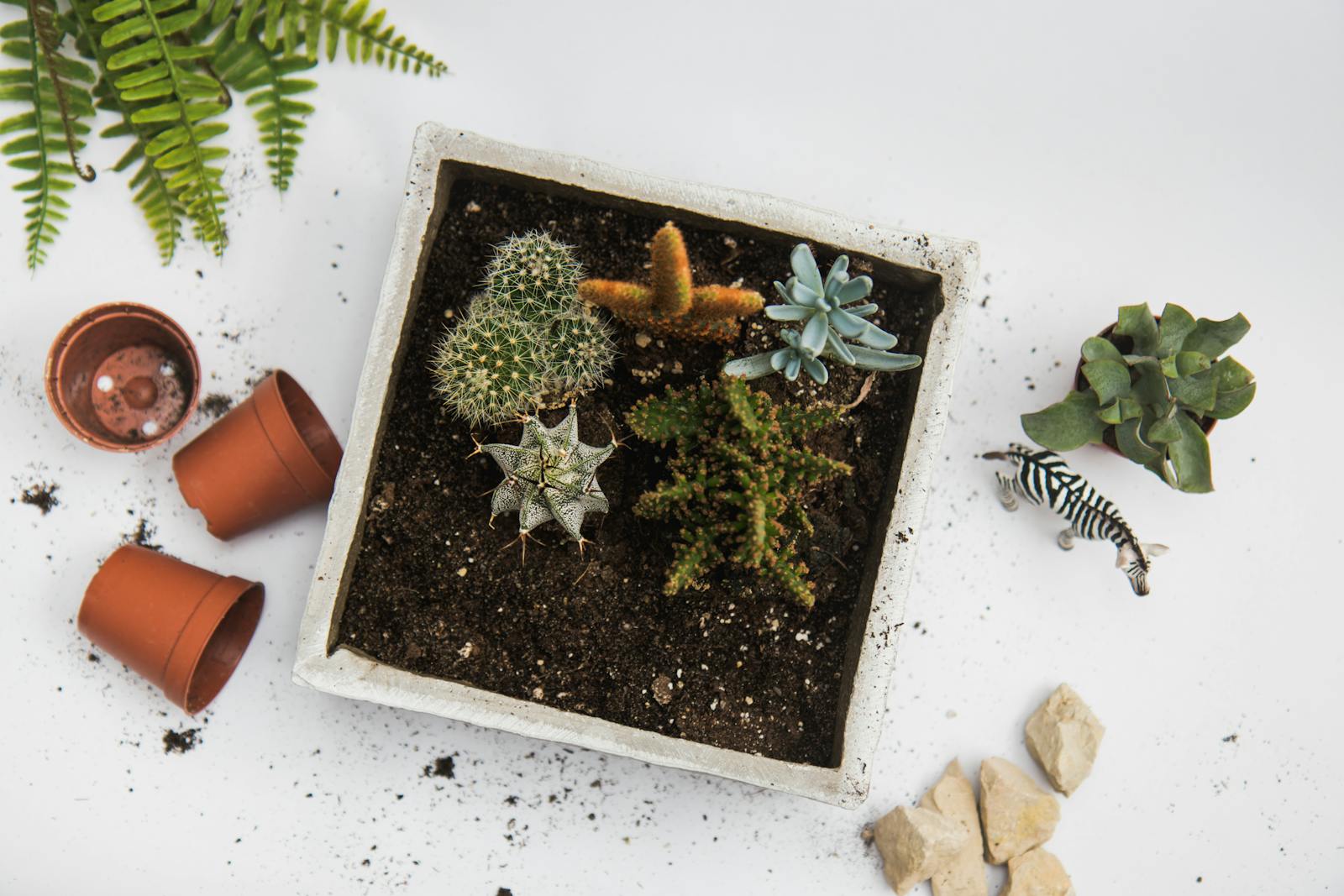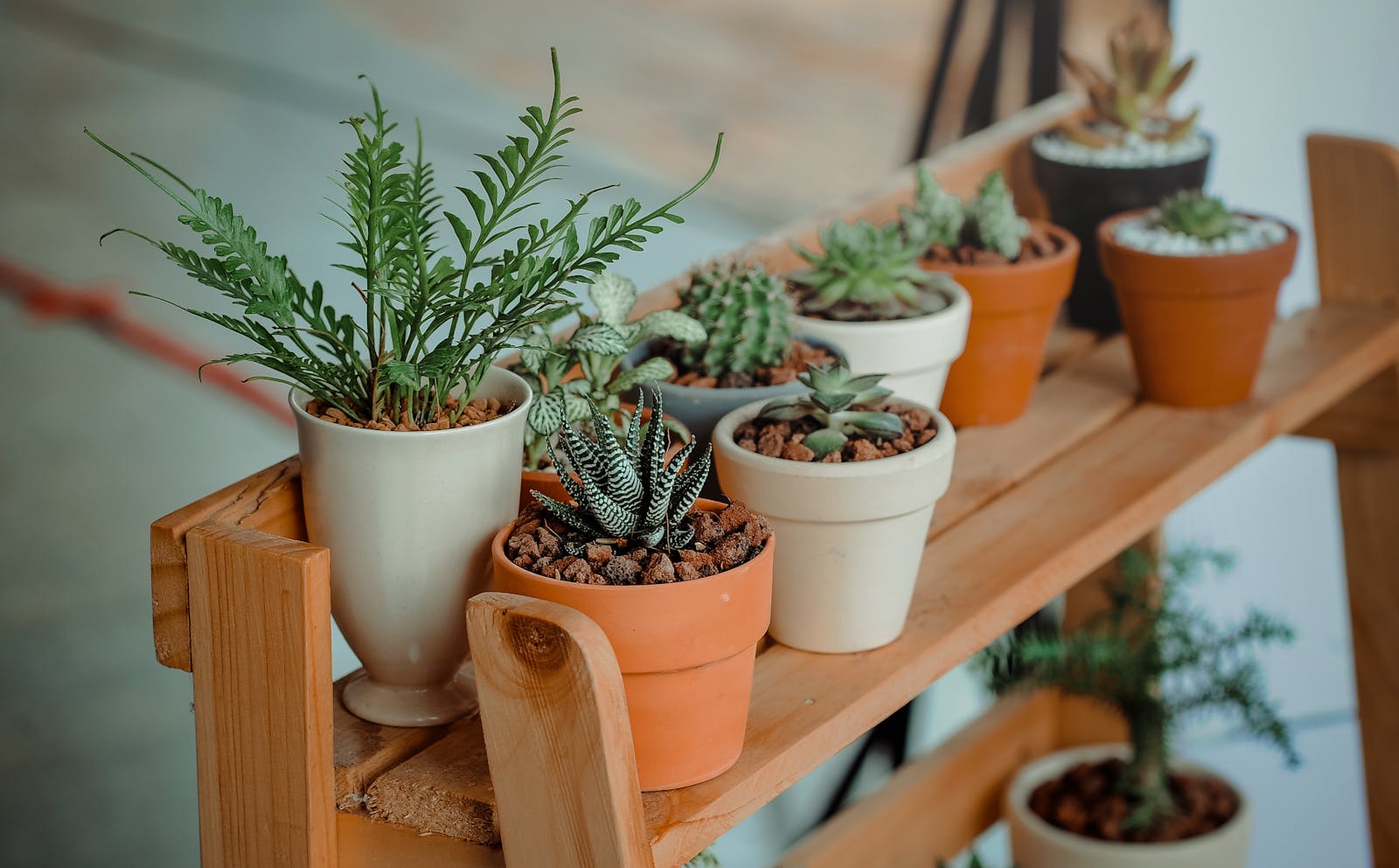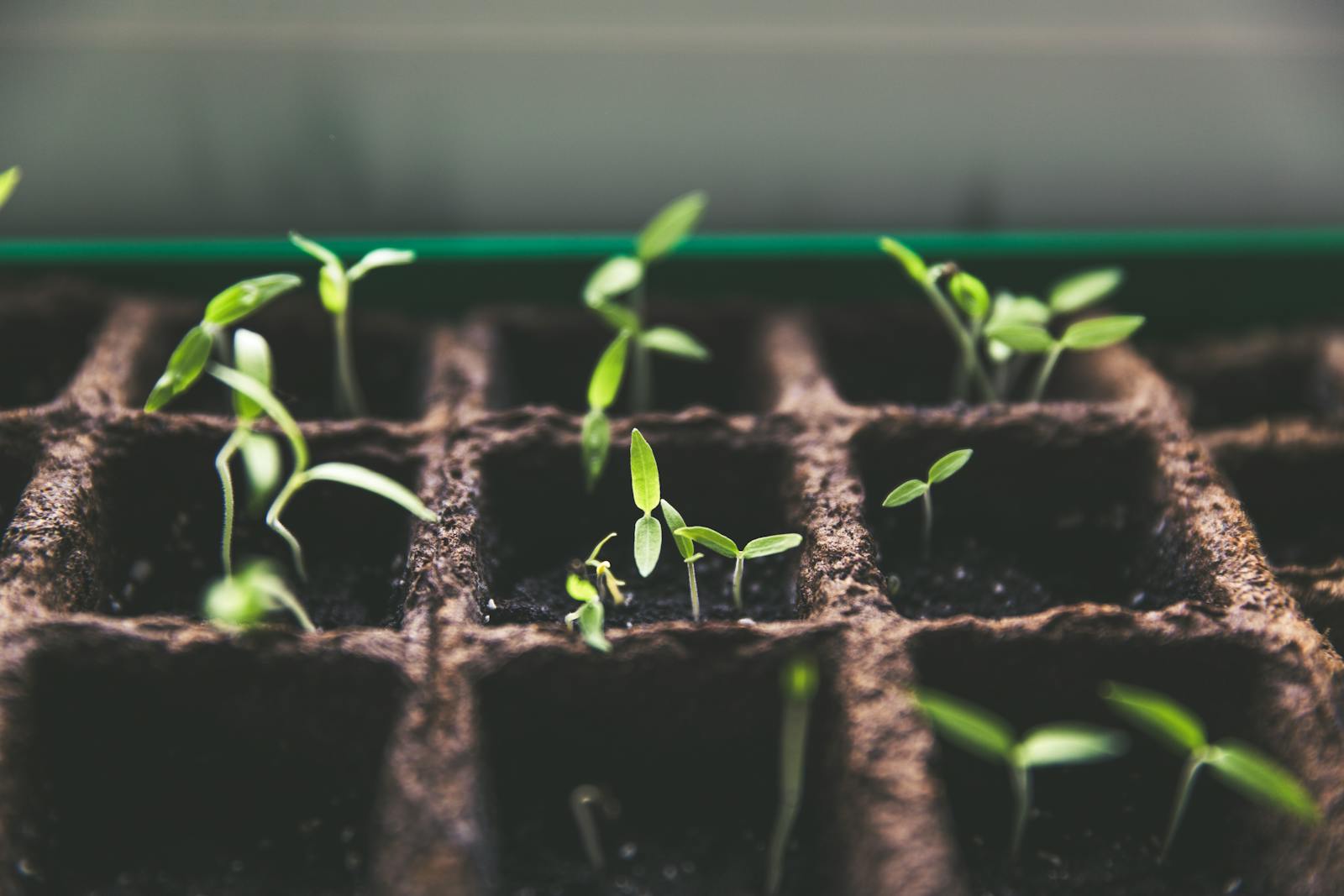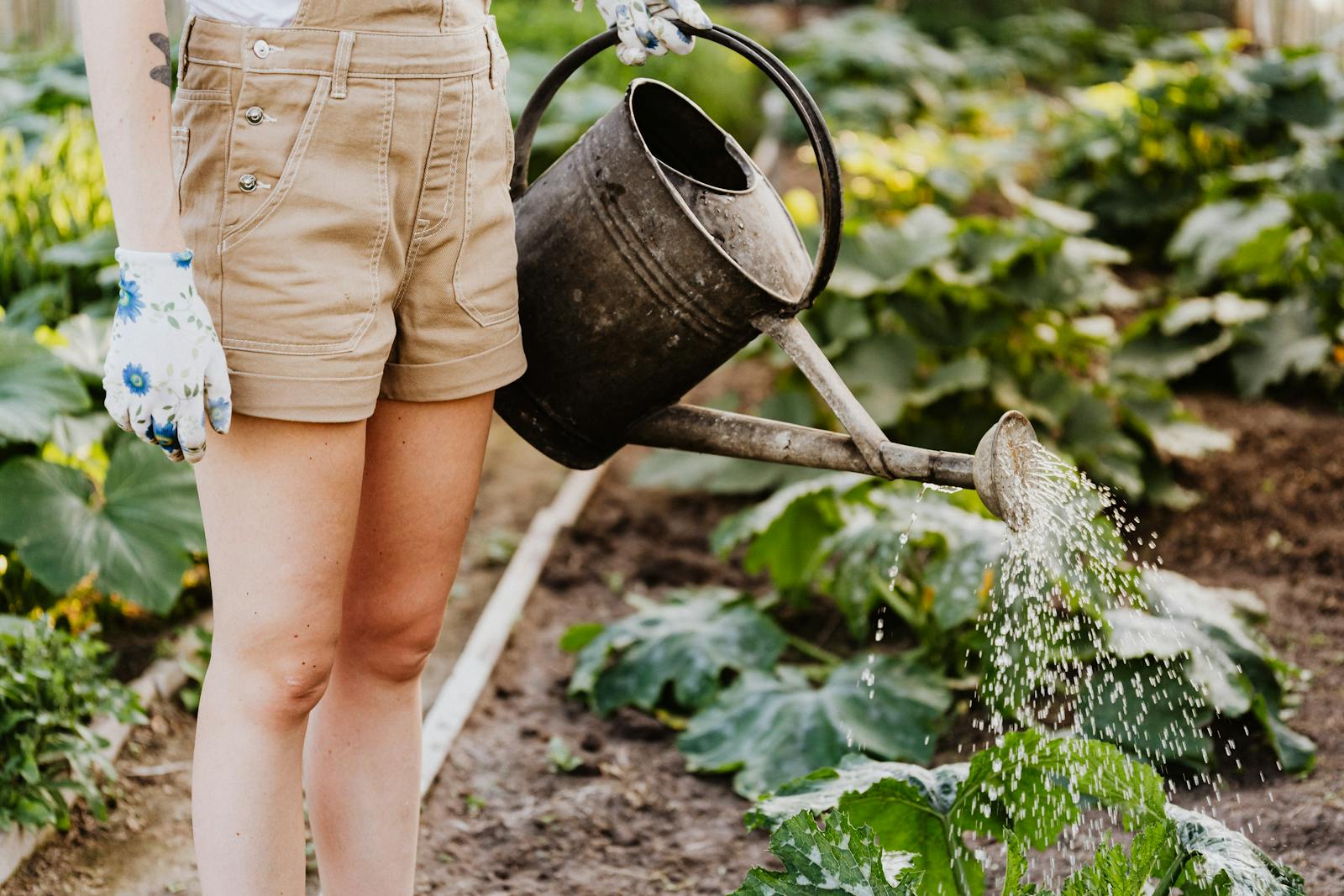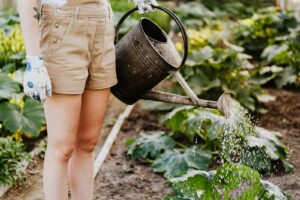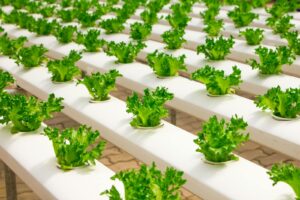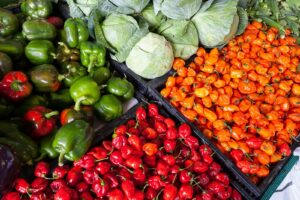Introduction
If you want to improve the health of your garden, one of the most effective and natural methods is adding organic matter to your soil. Organic matter is essential for creating a fertile and sustainable garden environment. It improves soil structure, enhances nutrient retention, increases moisture-holding capacity, and fosters a thriving ecosystem of microorganisms. In this article, we will explore the benefits of adding organic matter to your garden soils and how to do it effectively.
1. What is Organic Matter and Why Is It Important?
Organic matter consists of decomposed plant and animal materials, such as fallen leaves, plant roots, compost, and manure. When added to soil, organic matter improves its structure, fertility, and ability to support healthy plant growth.
The importance of organic matter in gardening cannot be overstated because it directly impacts the following:
- Soil Fertility: Organic matter contains essential nutrients that plants need to grow. These nutrients are released slowly as the organic matter decomposes, providing a continuous supply for your plants.
- Soil Structure: Organic matter helps improve soil texture by binding soil particles together. This prevents compaction and improves aeration, allowing roots to grow freely.
- Water Retention: Organic matter helps soil retain moisture by acting as a sponge. It is especially important in sandy soils, which tend to drain quickly, and clay soils, which retain too much water.
- Microbial Life: Organic matter provides food for beneficial soil organisms such as bacteria, fungi, and earthworms. These organisms help decompose organic materials, break down nutrients, and create a healthy ecosystem in the soil.
2. Benefits of Adding Organic Matter to Your Soil
Adding organic matter to your garden has numerous benefits. Whether you’re growing vegetables, flowers, or decorative plants, here’s how organic matter improves the soil:
- Improves Soil Texture and Structure: Organic matter helps loosen compacted soils, allowing better root penetration. It also helps in clay soils by breaking up clumps, which improves drainage and prevents waterlogging.
- Enhances Nutrient Availability: As organic matter decomposes, it releases nutrients that plants can use. This slow release of nutrients is beneficial because it provides a constant supply, ensuring plants don’t suffer from nutrient deficiencies.
- Increases Water Holding Capacity: Organic matter improves soil’s ability to hold water, reducing the frequency of watering needed, especially during dry periods.
- Reduces Soil Erosion: Healthy, organic-rich soils are more resistant to erosion caused by heavy rainfall or wind. Organic matter helps bind soil particles together, reducing runoff and soil loss.
- Supports Healthy Microbial Life: Adding organic matter promotes the growth of beneficial soil microbes that help break down plant material, recycle nutrients, and improve soil health.
3. How to Add Organic Matter to Your Garden Soil
There are various ways to add organic matter to your garden, and the method you choose will depend on the type of soil you have, the plants you’re growing, and your gardening goals. Here are some of the most effective methods:
- Composting: Composting is one of the most efficient ways to recycle organic matter and create nutrient-rich soil amendments. You can compost kitchen scraps, yard waste, grass clippings, and other organic materials to create compost. Once it’s fully decomposed, spread it over your soil to improve its fertility and structure.How to Compost:
- Collect organic materials like vegetable scraps, grass clippings, and leaves.
- Create a compost pile or bin, mixing green (nitrogen-rich) materials and brown (carbon-rich) materials.
- Turn the pile regularly to speed up decomposition.
- Once the compost is dark, crumbly, and smells earthy, it’s ready to use in your garden.
- Adding Manure: Well-composted animal manure is an excellent source of organic matter. It provides a good amount of nitrogen, phosphorus, and potassium to your garden. However, fresh manure can burn plants, so always compost it first before adding it to the soil.How to Use Manure:
- Choose manure from herbivores (like cows, chickens, or horses), as it is safer for plants.
- Compost manure for 6 months before applying it to your garden to avoid burning your plants.
- Apply a 1-2 inch layer of composted manure over your garden bed and mix it into the top few inches of soil.
- Mulching: Mulch is another excellent way to add organic matter to your soil. Organic mulches, such as straw, shredded leaves, or wood chips, break down over time, enriching the soil with organic matter. Mulching also helps retain moisture and suppress weeds.How to Apply Mulch:
- Apply a 2-3 inch layer of organic mulch around your plants.
- Avoid piling mulch directly against plant stems to prevent rot.
- As the mulch breaks down, it will enrich the soil with organic matter.
- Using Cover Crops: Growing cover crops such as clover, rye, or legumes is a natural way to add organic matter. These plants are grown specifically to improve soil health by fixing nitrogen and adding organic material when they are tilled under.How to Use Cover Crops:
- Plant cover crops during the off-season or in empty garden beds.
- Once the crops mature, cut them down and till them into the soil to add organic matter and enrich the soil with nutrients.
4. How Much Organic Matter Should You Add?
While organic matter is beneficial, it’s important to apply it in the right amounts. Too much organic matter can overwhelm your soil and plants, while too little may not provide enough benefits. Here’s a general guide to help you determine how much organic matter to add:
- Compost: A 2-3 inch layer of compost should be sufficient for most garden beds. Work it into the top 3-4 inches of soil using a garden fork or tiller.
- Manure: Apply 1-2 inches of well-composted manure to your soil, mixing it in with the top layer of soil.
- Mulch: A 2-3 inch layer of mulch is ideal for most garden beds. Add more if you need extra moisture retention or weed suppression.
- Cover Crops: Grow cover crops for a full season, then till them into the soil to add organic matter.
5. Common Mistakes to Avoid When Adding Organic Matter
Adding organic matter to your garden can work wonders, but it’s important to avoid some common mistakes:
- Using Fresh Manure: Fresh manure can burn plants and introduce harmful pathogens. Always compost manure before adding it to your garden.
- Over-applying Organic Matter: While organic matter is beneficial, too much can lead to problems like waterlogging or excessive microbial activity that harms plant roots. Follow the recommended amounts for your specific soil and plants.
- Not Allowing Time for Decomposition: Organic matter must be fully decomposed before being added to the soil, especially when using compost or manure. Using undecomposed organic matter can rob the soil of nutrients and prevent proper plant growth.
6. Conclusion
Adding organic matter to your garden is one of the best ways to improve soil health, boost plant growth, and create a more sustainable garden. Whether you choose to compost, use manure, mulch, or grow cover crops, the benefits of organic matter are undeniable. By regularly adding organic materials to your soil, you’ll create a fertile, well-structured environment that supports healthy plants and a thriving garden.
